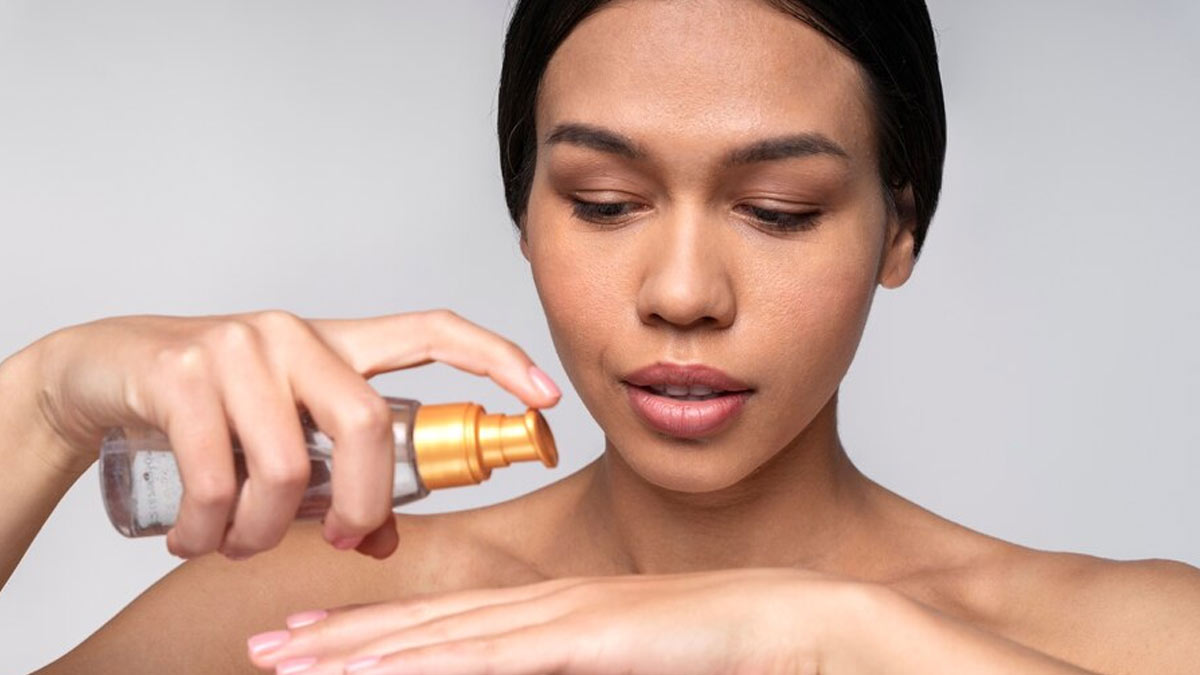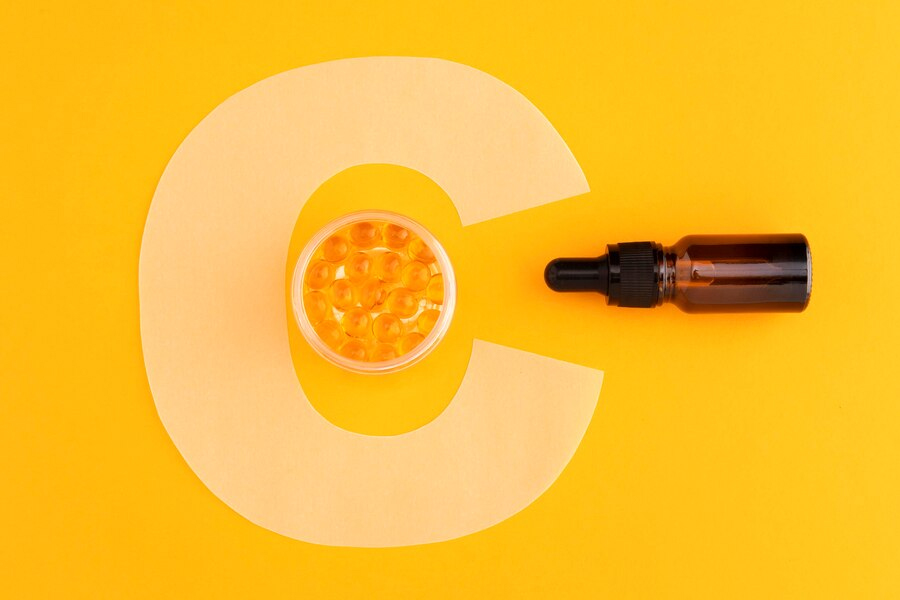
Vitamin C serum is a beloved staple in many skincare routines, known for its brightening, anti-ageing, and antioxidant properties. However, some users experience unexpected dryness after incorporating it into their regimen. If you’re facing this issue, don’t worry, you’re not alone.
In an exclusive interaction with the editorial team of Onlymyhealth, Dr Sanjeev Gulati, Department of Dermatology, Sharda Hospital - Noida, helped us explore why this happens and how you can continue to enjoy the benefits of Vitamin C serum without dryness.
Why Does Vitamin C Serum Cause Dryness?
High Acidity and pH Levels
Vitamin C, particularly in its purest form (L-ascorbic acid), is highly acidic. This low pH can disrupt your skin’s natural barrier, leading to moisture loss and dryness.Alcohol-Based Formulas
Some Vitamin C serums contain alcohol to improve absorption and shelf stability. However, alcohol can strip your skin of its natural oils, leading to dryness and irritation.Overuse or Incorrect Application
Applying Vitamin C serum too frequently or in excessive amounts can overwhelm the skin, resulting in irritation and dryness. It's best to start with a lower concentration and gradually increase usage.

Also Read: Is Acne and Hair Loss Linked To Hormones? Expert Weighs In
Combination With Other Harsh Ingredients
If you’re using Vitamin C alongside strong exfoliants like AHAs, BHAs, or retinoids, your skin may become overly sensitive and dry.Underlying Skin Type and Sensitivity
Those with naturally dry or sensitive skin may find that Vitamin C serums exacerbate their condition. Choosing the right formulation is key to avoiding irritation.
How to Prevent and Treat Dryness
Choose a Gentle, Hydrating Formula
Opt for serums that contain Vitamin C derivatives like sodium ascorbyl phosphate or magnesium ascorbyl phosphate, which are less acidic and gentler on the skin.Look for Added Moisturising Ingredients
Serums that include hyaluronic acid, glycerin, or aloe vera can help counteract dryness while delivering Vitamin C benefits.Layer With a Good Moisturiser
Always follow up with a hydrating moisturiser to lock in moisture and strengthen the skin barrier.

Reduce Frequency of Use
If you’re experiencing dryness, try using Vitamin C serum every other day or a few times a week instead of daily.Apply to Damp Skin
Applying Vitamin C serum to slightly damp skin can enhance absorption and minimise potential irritation.Use Sunscreen Daily
Vitamin C makes your skin more sensitive to sunlight, so always follow up with a broad-spectrum sunscreen to prevent further damage and dryness.
Also Read: Can Dry Fruits Sharpen Your Memory? Expert Shares How
Bottomline
Vitamin C serum is a powerhouse ingredient, but it can cause dryness if not used correctly. By choosing the right formulation, pairing it with hydrating products, and adjusting your skincare routine, you can enjoy its glow-boosting benefits without the unwanted side effects. If dryness persists, consult a dermatologist for personalised advice on how to incorporate Vitamin C into your skincare routine effectively.
Also watch this video
How we keep this article up to date:
We work with experts and keep a close eye on the latest in health and wellness. Whenever there is a new research or helpful information, we update our articles with accurate and useful advice.
Current Version
